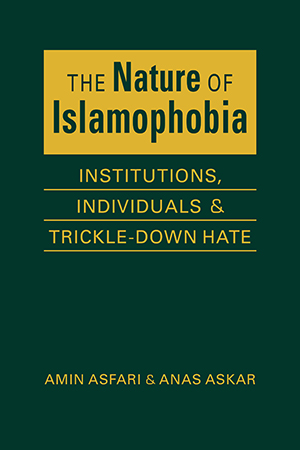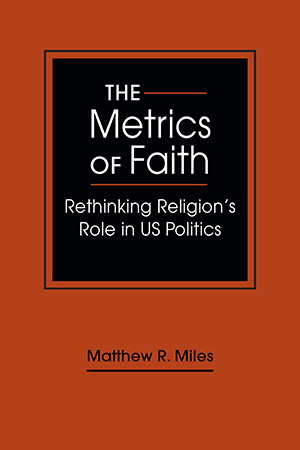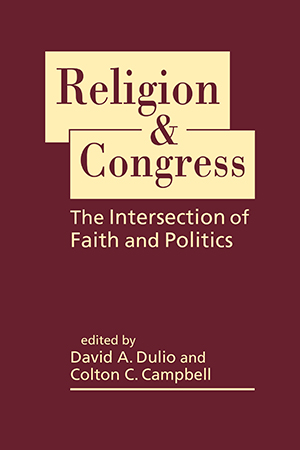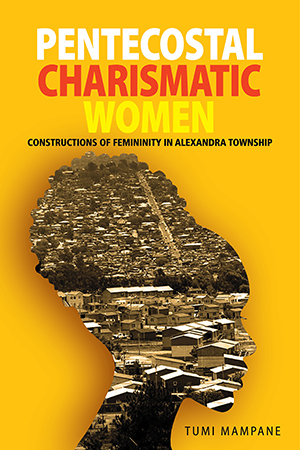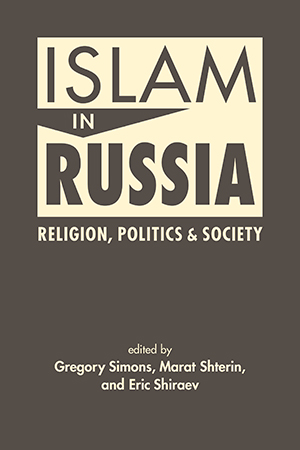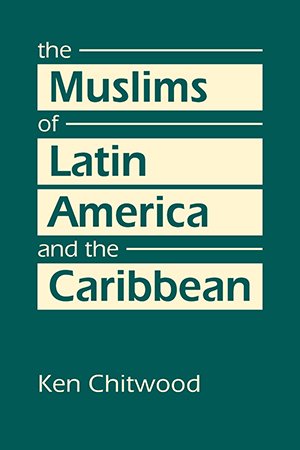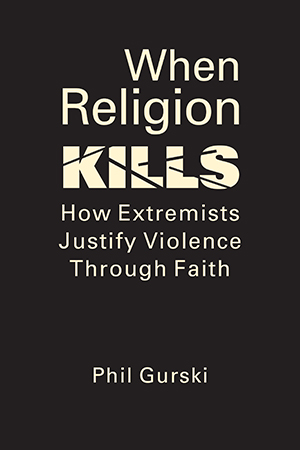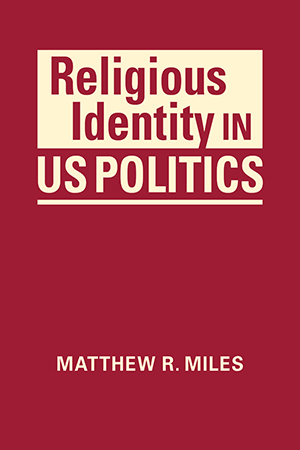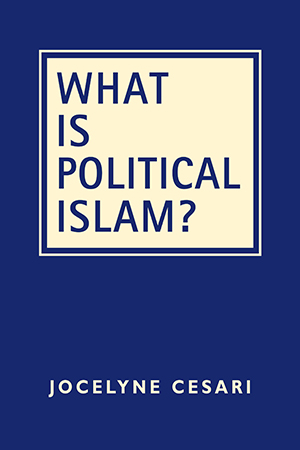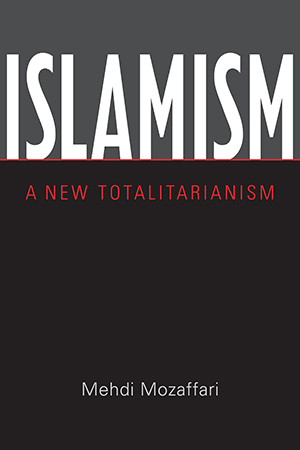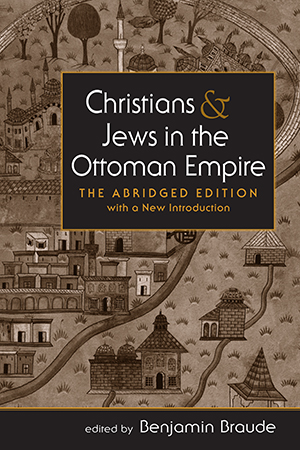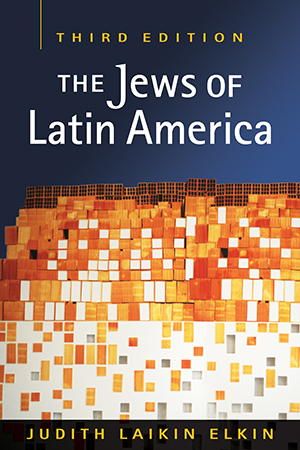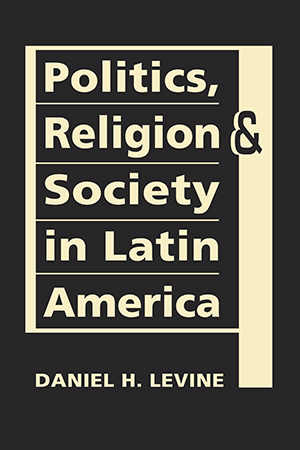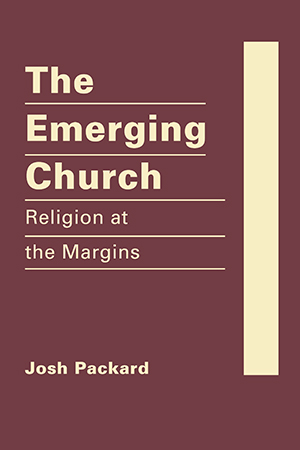Religion in Politics and Society
In the aftermath of the September 11 attacks on the World Trade Center and the Pentagon, Muslims became the targets of fear, discrimination, and hate crimes—victims of a rising wave of More >
The teachings of most religions typically promote unity and love, yet those same religions often contribute to divisiveness, and even violence, in US politics. Addressing this apparent More >
The US Congress has long reflected the intersection of faith and politics, with religious convictions often informing legislative agendas. The authors of Religion and Congress examine that More >
Drawing on her own experiences, Tumi Mampane provides deep insights into the daily lives of women in a South African Pentecostal community. Equally, she relates those insights to More >
Russia's Muslims, numbering some 15 million, constitute far from a homogeneous sociopolitical group. So ... What does it mean to be a Muslim in Russia today? How is the image of More >
Winner of the Religion News Association's Award for Best Nonfiction Religion Book! The "Muslim World" is often narrowly conceived as tied to the Middle East and North More >
The premise of this new text is straightforward: Religion matters in world politics. Therefore, to comprehend the world around us, we need to understand how and why religion matters, analyze More >
Christian fundamentalists. Hindu nationalists. Islamic jihadists. Buddhist militants. Jewish extremists. Members of these and other religious groups have committed horrific acts of terrorist More >
While existing scholarship addresses the influence of religious affiliation on political attitudes and behaviors in the United States, a number of puzzling questions remain unanswered. In More >
Honorable mention for ISA's Religion and International Relations Section Book Award! The debate continues unabated: Is political Islam decipherable through the tenets of the Islamic More >
What exactly is Islamism? And what explains its violent expansion in recent decades? Why are Islamists so determined to change the world order? Are there similarities between Islamism and More >
How did the vast Ottoman Empire, stretching from the Balkans to the Sahara, endure for more than four centuries despite its great ethnic and religious diversity? The classic work on this More >
When it was first published in 1980, Judith Laikin Elkin's foundational book on the Jewish communities of Latin America quickly became the standard resource on the topic. This new More >
Long assumed to be an unchanging and unquestioned bulwark of established power and privilege, religion in Latin America has diversified and flourished, while taking on new social and More >
If a church resists rules, rituals, and dogma, what holds it together? Josh Packard explores the inner workings of the Emerging Church, revealing how a movement that rejects organizational More >



